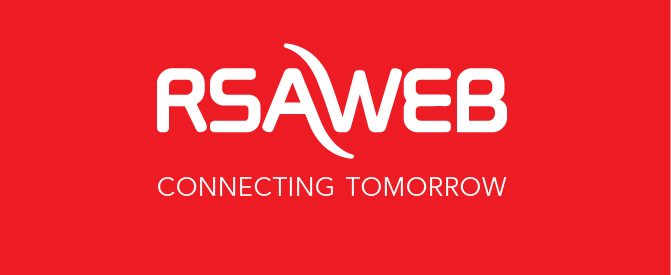Equality on the Internet
What is net neutrality?
Net neutrality is a hot topic in America where it sparks big debate, but is it something we need to be monitoring in South Africa? The idea behind net neutrality (also known as network neutrality, Internet neutrality, or net equality) is that Internet service providers (ISPs) should treat all data on the Internet equally, and not discriminate or charge differentially based on user, content, site, or platform.
In February the FCC (Federal Communications Commission) ruled in favour of net neutrality in the United States. But this ruling is already being contested by two lawsuits brought against the FCC by businesses.
Net neutrality in South Africa
Last year the Internet Service Providers Association (ISPA) said that net neutrality is not an issue in South Africa and recommended to Independent Communications Authority of South Africa (ICASA) that they should not impose any regulations with regards to net neutrality. The IPSA points out that because South Africa is in a different stage of development to the United States, we have different needs in terms of bandwidth provision.
But while net neutrality may not be an issue in the same way it is in America, there are other issues around Internet equality and equal access that should be considered.
Bandwidth shaping
A more pressing issue is ‘bandwidth shaping’ which refers to how ISPs allocate the amount of bandwidth available among their users. This means that ISPs can allow certain content to have priority and also slow down certain content streams if needed, in order to allow a greater number of customers to have access to content. This is why certain online heavy data streams like movie downloads or videos on YouTube can be slower for some customers or at certain times of day. As the demand for content increases, ISPs have to constantly monitor the content distribution and bandwidth delivery in terms of speed, size and optimisation.
Telecom vs Over The Top Service Providers
Another issue of concern in South Africa is the current tension between telecom service providers and ‘Over The Top’ (OTT) service providers. OTT services providers such as WhatsApp, Google Hangouts and Skype allow customers to send messages and make calls over the Internet or using mobile data. This means that telecoms companies like Vodacom and MTN are losing out on the revenues they once gained from mobile call charges and SMS’s. Vodacom has just increased all of its contract rates for new and existing customers in order to attempt to counter the loss of revenue it is experiencing from voice calls, causing a huge consumer backlash.
Meanwhile MTN is looking to collaborate with service providers like WhatsApp in order to ‘develop a win-win ecosystem’ that it hopes will help them to charge for OTT services. How this would be implemented is yet to be seen…
Free access
Around Africa many international companies such as Google, Facebook and Wikipedia are offering users free access to limited online services in a bid to win online users. While the theory behind this is that it gives Internet access to those who would otherwise be without, it has received some criticism. Critics say that it is locking users in to limited services while controlling advertising and using the platform to up-sell to more premium content. It is also accused of stifling African innovation as these foreign companies will gain priority in the market and shut out African entrepreneurs who may develop rival services. This in essence is the very opposite of what net neutrality stands for as it gives bigger companies an advantage over market entrants.
What do you think about the issues around net neutrality or equality of Internet access?
Share your thoughts with us on these issues on Twitter with #NetNeutrality #RSAWEB

